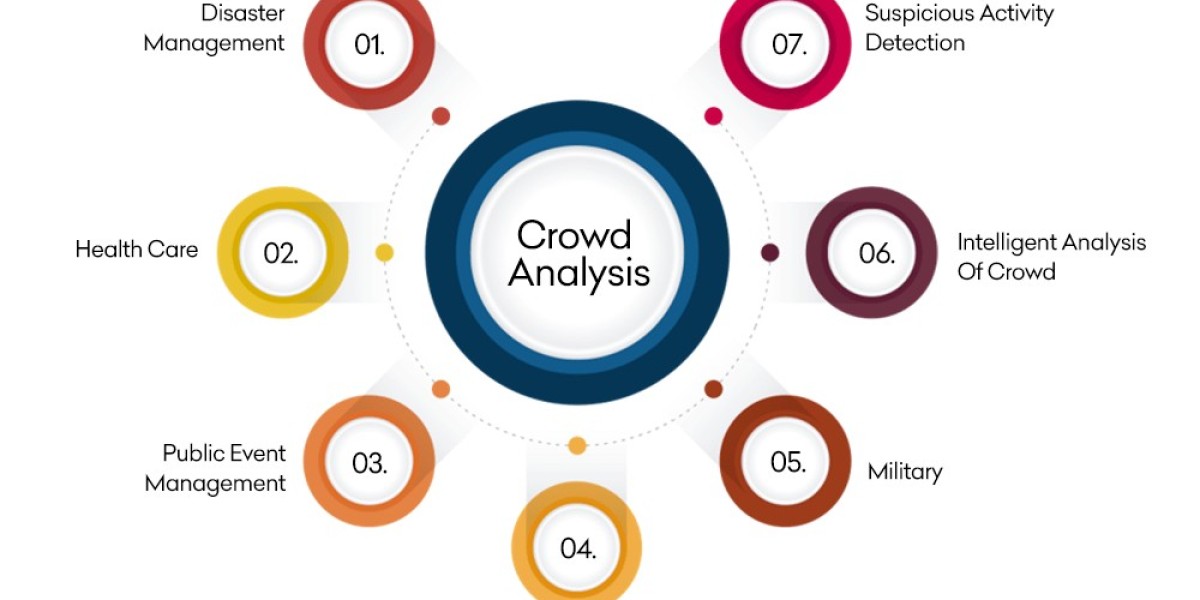Smart homes have revolutionized the way we live, offering convenience, security, and energy efficiency like never before. In this article, we'll delve into the world of smart home hardware, exploring its different types, benefits, challenges, and the future it holds.
Introduction to Smart Home Hardware
Definition of Smart Home Hardware
Smart home hardware refers to a wide range of electronic devices and systems designed to enhance the quality of life, automate tasks, and make everyday living more efficient and enjoyable.
The Role of Smart Home Devices
These devices play a crucial role in transforming traditional houses into intelligent, interconnected spaces where occupants can control various aspects of their environment with ease.
The Evolution of Smart Homes
Smart homes have come a long way since their inception. What was once a concept limited to science fiction is now a reality for many homeowners, thanks to technological advancements.
Types of Smart Home Hardware
Smart Speakers and Voice Assistants
Smart speakers like Amazon Echo and Google Home, along with voice assistants such as Alexa and Google Assistant, are at the forefront of the smart home revolution. They enable voice-activated control of various devices and provide information and entertainment.
Smart Thermostats
Smart thermostats, like the Nest Learning Thermostat, offer precise temperature control and can learn your preferences over time, leading to energy savings and a comfortable home environment.
Smart Lighting
Smart lighting systems allow users to adjust the brightness, color, and scheduling of lights, creating the perfect ambiance and conserving energy.
Smart Security Systems
Smart security systems include cameras, doorbell cameras, and motion sensors, providing homeowners with real-time security monitoring and peace of mind.
Smart Appliances
From refrigerators to washing machines, smart appliances offer enhanced functionality and can be controlled remotely for added convenience.
Smart Home Hubs
Smart home hubs act as the central control unit, allowing you to manage all your smart devices from a single interface, promoting seamless integration.
Benefits of Smart Home Hardware
Convenience and Automation
Smart homes make life easier by automating repetitive tasks, such as turning off lights or adjusting the thermostat, allowing you to focus on more important matters.
Energy Efficiency
Smart devices help reduce energy consumption through features like adaptive lighting, intelligent thermostats, and power management, ultimately lowering utility bills.
Enhanced Security
The integration of security cameras and smart locks offers comprehensive protection, with the ability to monitor your home from anywhere.
Improved Quality of Life
Smart homes enhance the overall quality of life by providing entertainment, relaxation, and ease of use through voice commands or mobile apps.
Challenges and Considerations
Cost and Affordability
While the benefits are compelling, the initial investment in smart home hardware can be substantial. Consider your budget and prioritize devices based on your needs.
Privacy and Security Concerns
As smart devices collect data, privacy and security become paramount. Be vigilant and follow best practices to protect your information.
Compatibility Issues
Ensuring that your smart devices work together harmoniously can be challenging. Research and choose devices that are compatible with your existing hardware.
How to Choose the Right Smart Home Hardware
Assessing Your Needs
Identify your goals and the areas of your life where smart devices can make a significant difference.
Researching and Comparing Options
Examine different products, read reviews, and compare features, keeping in mind your budget and compatibility requirements.
Considering Integration with Existing Devices
Evaluate how new smart hardware will integrate with your current setup, as a well-connected ecosystem is the key to a seamless smart home.
Installation and Setup
DIY vs. Professional Installation
Decide whether you want to install devices yourself or seek professional assistance. Some devices are user-friendly, while others may require expert installation.
Configuration and Network Setup
Ensure a reliable Wi-Fi network and configure your devices properly for optimal performance.
Smart Home Hardware Trends
Artificial Intelligence and Machine Learning
Smart home hardware is becoming smarter, with AI and machine learning enabling devices to adapt to your preferences and habits.
Energy-Efficient Technologies
A focus on energy efficiency and sustainability is driving the development of smart devices that reduce your carbon footprint.
Interconnected Ecosystems
The integration of various devices into a unified ecosystem is a growing trend, providing a seamless and unified user experience.
Future of Smart Home Hardware
Advancements in IoT
The Internet of Things (IoT) will continue to evolve, expanding the possibilities for smart home hardware and making them more accessible to everyone.
Increased Adoption and Accessibility
As technology advances, smart home hardware will become more affordable and widespread, leading to increased adoption.
Case Studies
Real-Life Examples of Smart Home Setups
Discover how others have leveraged smart home technology to enhance their lives and homes.
User Experiences and Testimonials
Learn from the experiences of individuals who have integrated smart home hardware into their daily routines.
Maintenance and Troubleshooting
Tips for Maintaining Smart Home Hardware
Proper maintenance ensures the longevity and efficiency of your smart devices. Follow these guidelines to keep everything in working order.
Common Issues and Solutions
Troubleshooting common problems, such as connectivity issues or software glitches, can help you resolve issues quickly.








